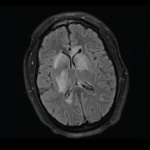Experts detailed the diagnosis and treatment of two patients with Susac syndrome, a brain, ear, eye syndrome. They also provided insights into the complexities of these conditions, why they are difficult to diagnose and key points for practicing rheumatologists.




